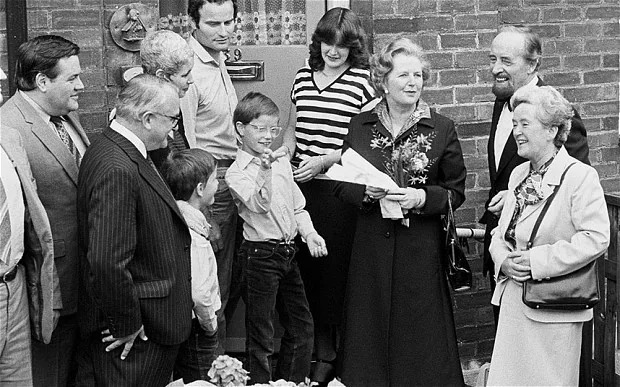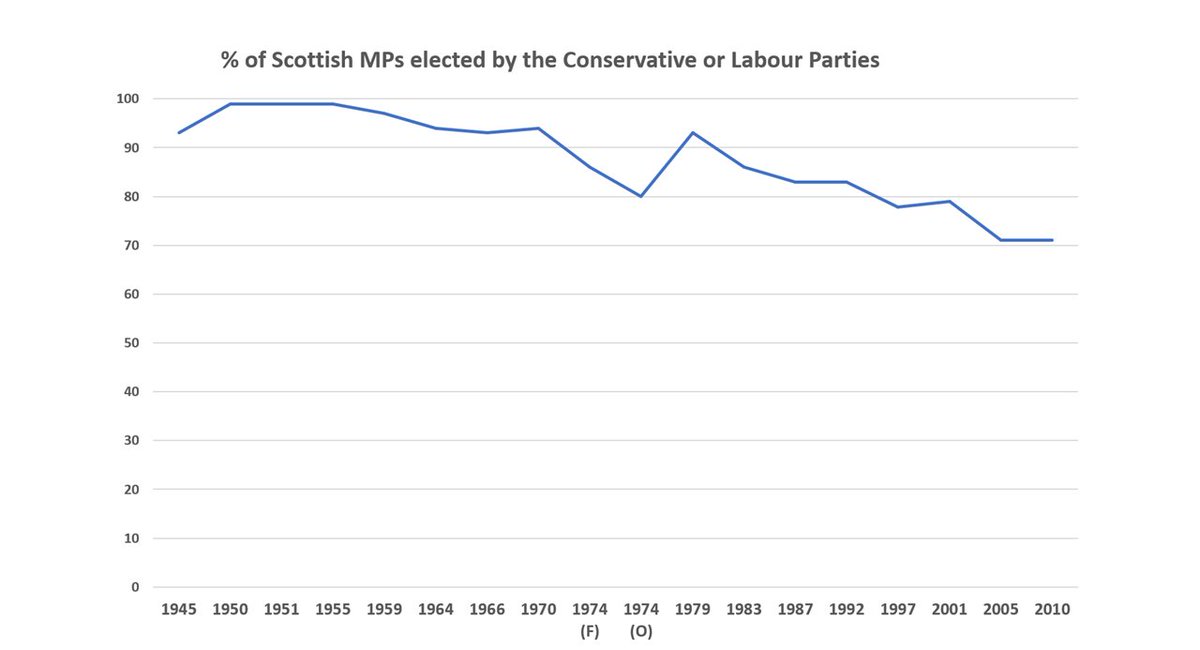
A key point that gets missed in some of the cruder takes on the "Red Wall". Tory success here may owe less to a new electoral phenomenon than an old one: the "property-owning democracy"; but one that's spread unevenly between generations & doesn't map neatly onto class lines. 1/5
https://twitter.com/Mikepeeljourno/status/1389855687291936769
2. The idea of a "property-owning democracy" was coined by a Conservative MP, Noel Skelton, in 1923. It recognised that home-ownership was likely to have a fundamental effect on voting behaviour & political values. The same idea inspired the sale of council houses in the 1980s. 

3. Yet the spread of home-ownership has taken a peculiar shape. Today, more than half of all UK home-owners are over 55. Ownership rates are lower in affluent cities than in poorer towns. We shouldn't be surprised that this is bending party alignment into very new shapes.
4. In the long term, that poses challenges to both parties - and suggests that the politics of inheritance is going to become increasingly fraught. But in the short-term, it's likely to mean more electoral pain for Labour, with no quick fix in sight for a longer, structural issue
5. There's a good overview of the "property-owning democracy" here, by its leading historian,@DrMJFrancis. democraticaudit.com/2017/07/26/who…
• • •
Missing some Tweet in this thread? You can try to
force a refresh







